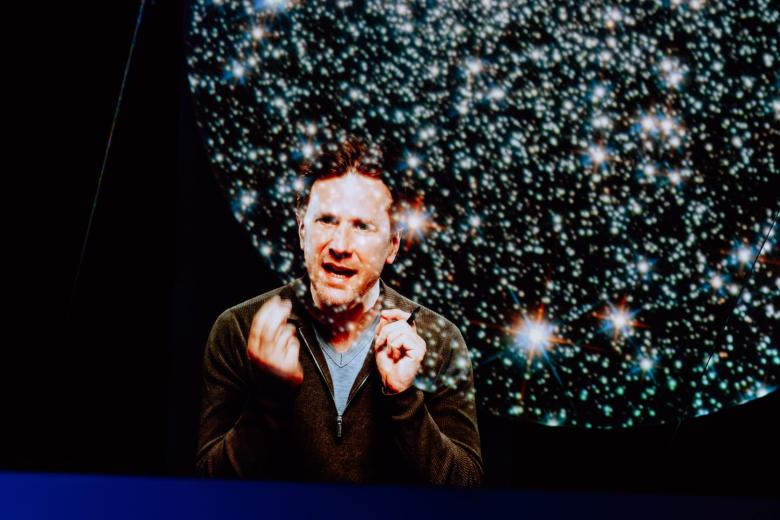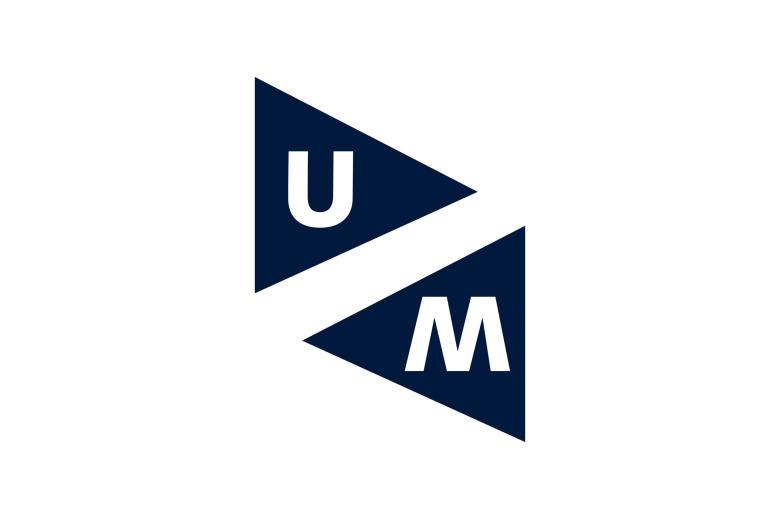Maastricht University to train police in Rwanda in forensic investigation
Maastricht University has been awarded a project to train 20 staff of the National Police of Rwanda in conducting forensic investigation. The project will be funded by the Dutch government as part of its development cooperation effort through the Tailor Made Training (TMT) facility, which is part of the Netherlands Fellowships Programme (NFP) administered by EP Nuffic.
The training will provide police investigators with a range of critical concepts, proven methods and practical skills needed to effectively engage in crime scene investigation and management, to obtain eye witness testimonies, to meet the requirements for forensic investigation and for good process management. The police men and women that will be trained by Maastricht University are expected to pass on what they will have learned to their colleagues through on-the-job training.
The forensic capacity in Rwanda is very limited. Police investigators lack knowledge and skills in the areas of forensic investigation and also in obtaining eye witness testimonies. The country does not have a training institute for forensic investigation.
The project proposal was developed and submitted to EP Nuffic by Mundo, the Maastricht University Centre for International Cooperation in Academic Development. Key contributors to this project will be The Maastricht Forensic Institute (TMFI) and the Forensic Psychology section of Maastricht University.
Additional expertise in the area of crime scene investigation will be provided by two consultants with experience in training police in several East African countries. One of them held the rank of Detective Superintendent with the Metropolitan Police Service (London UK).
Also read
-
In Kerkrade, you can listen to the invisible universe
UM and Discovery Museum in Kerkrade make the Einstein Telescope understandable for everyone.
-
Maastricht University ranked #3 worldwide and #1 in Europe in 2025 Better World MBA Ranking
We are incredibly proud to share that the MBA programmes of Maastricht University School of Business and Economics’ executive branches, MSM and UMIO, have once again been recognised among the very best sustainable business MBA programmes worldwide. In the 2025 Better World MBA Ranking by Corporate...
-
